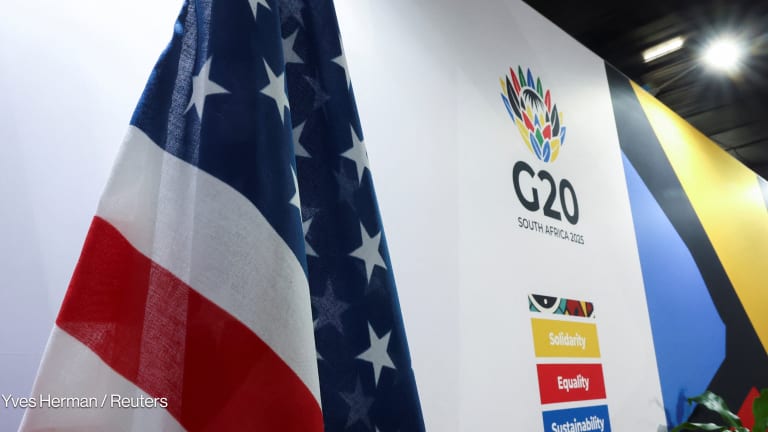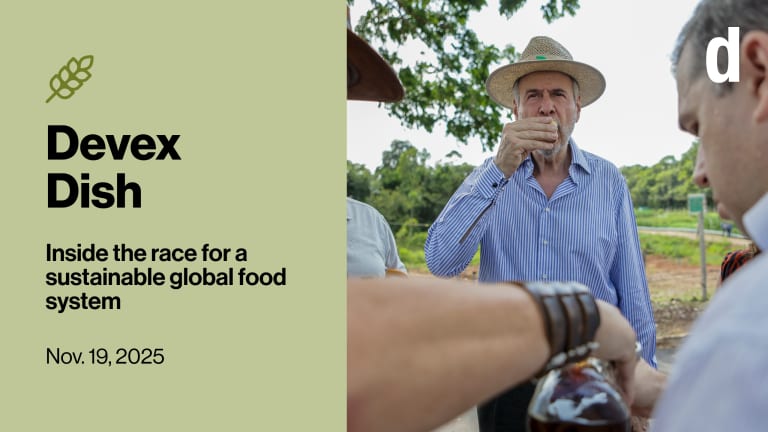Maybe Francis Fukuyama is nostalgic for his days as an academic iconoclast. Why else would he choose a libertarian think tank to make the case for stronger government intervention in Latin America?
At a Feb.18 event held at the Cato Institute in Washington, Fukuyama spoke about the "development gap" between Latin America and the United States.
Latin American nations are notorious for high levels of internal inequality that have persisted since independence, despite experimentation with a variety of political philosophies. This has led some to postulate that inequality doesn't matter and may even be a necessary condition for long-term growth as indicated in a recent World Bank report.
But according to Fukuyama, this conclusion is dangerously shortsighted.
"Uneven distribution of growth pushes political system into a crisis and then growth stops for a decade or two," Fukuyama said.
He believes that inequality is the root cause of several major upheavals such as the Mexican Revolution of 1910 or the recent "Bolivarian Revolution" led by Venezuelan President Hugo Chavez.
In order to remedy this entrenched inequality, Fukuyama outlined two main steps that Latin American governments need to take.
First, Fukuyama stressed the need for "smart social policy" by implementing programs that directly raise the living standards of the poor. He spoke favorably of conditional cash transfer schemes like Mexico's Oportunidades and Brazil's Bolsa Familiar, but cautioned against the politicization of social programs, as has arguably occurred in Venezuela and Nicaragua.
Fukuyama also argued for strengthening the rule of law with regard to tax policy, which he regards as the "most serious institutional difference" between the U.S. and Latin America. He traced the problem back to the colonial era when Spanish elites were able to skirt tax law, a trend that continues in Latin America.
But Fukuyama was careful to stress that the solution lies in implementing policies, not drafting legislation.
"You can't resolve these social problems simply by writing them into constitutions," he said.
Measures to address inequality by granting new rights to the downtrodden are bound to fail, he argued, because the government is incapable of enforcing the provisions. This in turn leads to rights that effectively exist only on paper, thus undermining overall respect for the rule of law.
Norman Loayza, lead economist of the World Bank's research department, voiced a note of dissent, arguing the familiar refrain that Latin America is poor because it has not had any "periods of true economic freedom." According to Loayza, the region's best hope of escaping poverty lies in embracing the free market, not social spending.








